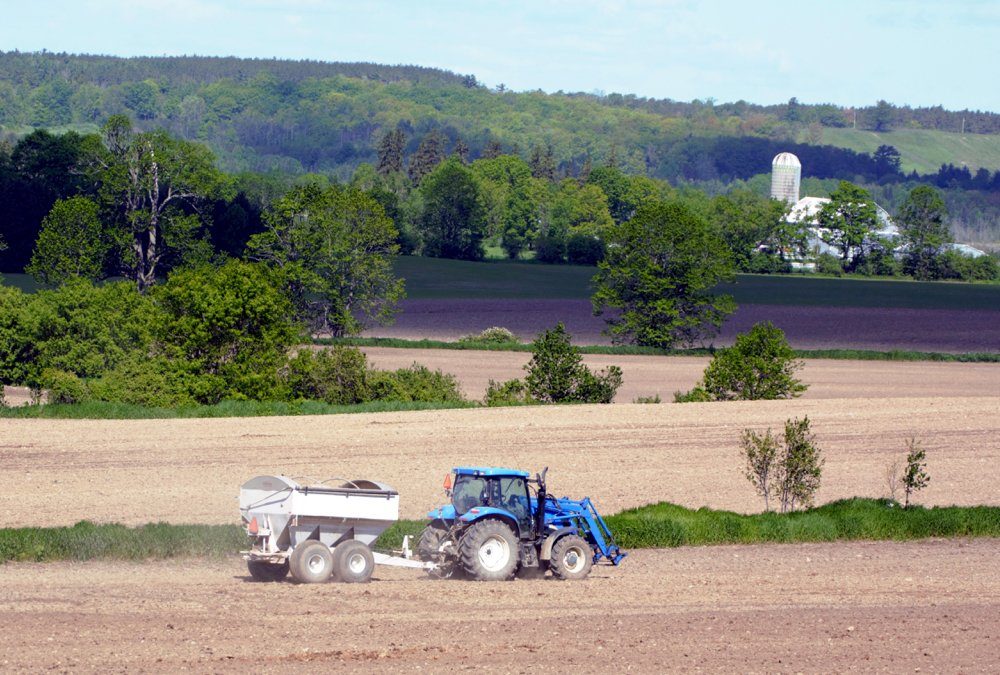Federal budget brings few farm tax changes

The 2021 federal budget included provisions designed to garner more revenues from high-level sources such as digital media companies and absentee homeowners.
On the farm side, however, analysts say tax changes appear light by comparison.
Why it matters: Some anticipated tax increases for small business were not included in the 2021 federal budget.
What wasn’t included
Kurt Oelschlagel, partner and agriculture tax lead with BDO in Hanover, says the budget did not include provisions that were expected or at least rumoured to comprise part of the federal government’s tax package.
An increase in the tax rate on capital gains, which currently draw better rates than dividends and other revenue streams, was anticipated but didn’t happen. Similarly, a cap on principal residence exemption, as well as other wealth and estate taxes, were not announced.
“There was no increase in personal or corporate tax rates at all,” says Oelschlagel.
Front-loading equipment costs
However, the budget did include changes to how equipment can be written off. In effect since the budget was published, producers can now fully write-off up to $1.5 million of new equipment expenses. This marks a three-fold increase in how much can be saved in the first year. If the full amount was claimed in Ontario, Oelschlagel says it’s possible to save in the neighbourhood of $400,000, compared to a previous maximum near $220,000.
“It just means you’re saving it all up front. It’s front-end loading the write-off rather than having it spread over five years or more,” he says.
There are a few catches, though.
Only equipment such as tractors and combines (not quota, buildings, other material assets, etc.) is included in the change. The provision also only applies to Canadian-controlled private corporations. Partnerships and sole-proprietors do not qualify. Oelschlagel says he is unsure why this is the case, and suggests it might be reviewed in future.
COVID supports
As the COVID-19 pandemic continues, the federal government has extended emergency wage and rent subsidies until the fall, with a slow phase-out program. These continue to be critical to many individuals and businesses, says Oelschlagel, including those throughout the agriculture sector.
Businesses also have access to the Canada Recovery Hiring Program, designed to make up for the extra costs incurred from increased wages, work hours, and hiring.
The recovery program cannot be used in addition to wage subsidies, however. Oelschlagel says farm businesses just need to do the math for each program and pick which is more beneficial.
The Canada workers benefits — a refundable credit on tax returns — as well as disability tax credits were also enhanced, with the impact of mental health challenges playing a large part in the latter.
A more vigorous CRA
Another notable item in this budget is financial commitments for the modernization and increased capacity of the Canada Revenue Agency, according to Oelschlagel.
For example, he says the budget includes a proposal requiring people and companies to notify the agency before taking what can be called “aggressive” tax planning and transaction actions — the idea being such actions can be more carefully scrutinized by auditors. Other financial commitments include proposals to instate (or reinstate) the ability for Canadians to sign documents electronically, and for more powerful security systems for the agency as a whole.
Combined with the additional fees being levied at companies like Netflix and Air BnB, absentee property owners, and a swath of other business entities, Oelschlagel believes the government may be striving to pay the pandemic-induced deficit through higher-level economic players rather than increasing taxes on Canadians more generally.
“Somebody’s going to have to pay for the deficit eventually. We can’t keep borrowing.”

